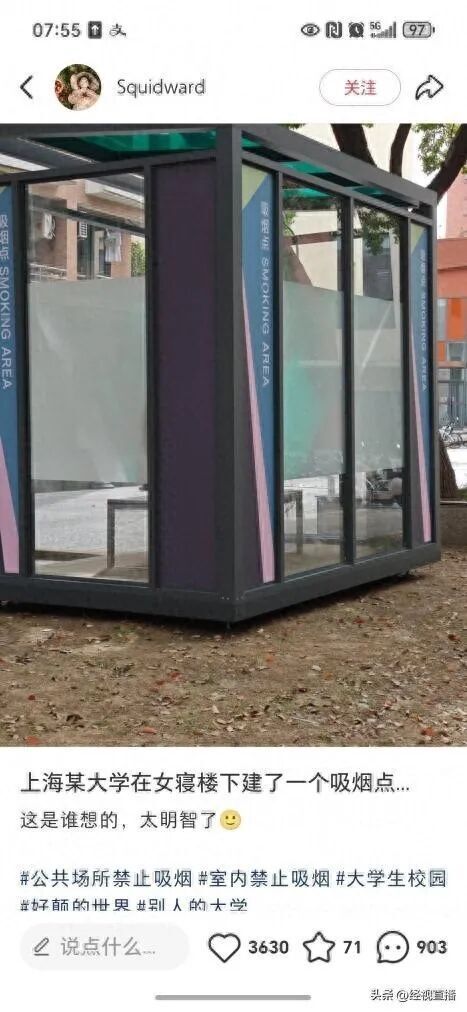Introduction The Importance of Letting Go

Have you ever wondered what to do with those old books collecting dust on your shelves? Many of us struggle with a cluttered home, and books can take up a significant amount of space. In this article, we will explore the benefits of parting ways with these old books and why it is essential to declutter our lives.
1. The Power of Minimalism
In our fast-paced world, minimalism has gained popularity for its ability to bring clarity and simplicity into our lives. By decluttering our living spaces, we can create a calmer environment that promotes focus and productivity. Letting go of old books is a crucial step towards embracing a minimalist lifestyle.
Rather than holding onto books we rarely read or no longer need, we can make room for new experiences and perspectives. Think of it as clearing out physical and mental space, allowing us to appreciate the books that truly matter to us.
2. Sharing Knowledge with Others
One person's trash can be another person's treasure. Donating or giving away old books is an excellent way to share knowledge with others who may not have access to a wide range of reading materials. Libraries, schools, and local community centers are always in need of books to enrich the lives of others.
By passing on our old books to those who might benefit from them, we not only declutter our homes but also contribute to a more educated and informed society. It's a win-win situation!
3. The Digital Age Embracing E-Books
In today's digital age, physical books are no longer the only means of accessing information. E-books have become increasingly popular, allowing us to carry an entire library in our pockets. Making the switch from physical books to e-books can help us save space and reduce paper waste.
Moreover, e-books often offer additional features such as adjustable font sizes and easy search functions, enhancing the reading experience. It's time to embrace the convenience and efficiency that e-books offer.
4. Preserving the Environment
Paper production contributes to deforestation and the release of greenhouse gases. By disposing of old books responsibly, we can reduce our environmental impact. Opting for e-books or donating and recycling books are sustainable choices that align with our responsibility to protect the planet.
Let's be mindful of the resources we consume and seek eco-friendly alternatives whenever possible.
Conclusion A Fresh Start
In conclusion, it's time to let go of those old books and embrace a clutter-free lifestyle. Minimalism, sharing knowledge, embracing e-books, and preserving the environment are all compelling reasons to part ways with our literary companions. By decluttering, we make room for new experiences, share knowledge with others, adapt to the digital age, and contribute to a greener future.
So, what are you waiting for? Start decluttering and embark on a new chapter of your life today!
旧书不应该被扔掉用英语怎么说
Title The Value of Preserving Old Books

Introduction
Have you ever thought about what happens to old books? When we no longer need them, many people simply throw them away. However, in this article, I will explain why old books should not be discarded. They hold immense value, not only in terms of knowledge but also as historical artifacts. Let's dive into the reasons why old books should be preserved.
1. Cultural Heritage
Old books are a vital part of our cultural heritage. They are a window into the past, providing insights into the thoughts, ideas, and experiences of earlier generations. Each book represents a slice of history, reflecting the social, political, and intellectual climate of its time. By preserving these books, we ensure that future generations can connect with their cultural roots.
For example, imagine walking into a library and discovering an ancient manuscript that dates back to the Renaissance period. It can transport us back in time, allowing us to experience the thoughts and creativity of that era. Old books are a treasure trove of knowledge waiting to be uncovered.
2. Learning from the Past
Old books offer valuable lessons and wisdom that can still be applied today. They provide a unique perspective on timeless topics such as philosophy, science, and literature. By reading old books, we can learn from the giants who came before us and gain new insights into our own lives.
Consider the works of William Shakespeare. His plays, written centuries ago, are still relevant and widely studied today. The themes and characters he created continue to resonate with readers, showcasing the power of preserving old books. They serve as a bridge between the past and the present, nurturing our understanding of humanity across different eras.
3. Historical Documentation
Old books serve as historical documents, preserving moments in time that would otherwise be lost. They contain firsthand accounts, personal narratives, and historical records that allow us to comprehend events and people in a more comprehensive manner.
Take, for example, diaries or journals from soldiers who fought in World War II. These accounts offer a deeply personal and emotional perspective on the war, providing insights that textbooks alone cannot convey. By preserving such books, we ensure that future generations can access firsthand experiences and connect with the past on a more intimate level.
4. Antiquarian Value
Beyond their knowledge and historical significance, old books can also possess antiquarian value. Some books become sought-after items due to their rarity, unique bindings, or significant historical associations. These books become valuable collectibles and can even appreciate in monetary worth over time.
For instance, a first edition copy of a classic novel like "To Kill a Mockingbird" or a rare edition of a religious text can be worth a significant amount of money to collectors. By preserving old books, we not only safeguard their intellectual value but also contribute to the preservation of our literary heritage.
Conclusion
In conclusion, old books should never be tossed aside. They hold immense cultural, educational, and historical value. From providing us with a deeper understanding of our cultural heritage to offering timeless wisdom and capturing historical moments, old books are irreplaceable treasures. So the next time you come across an old book, consider its worth and join the mission to preserve and cherish these valuable artifacts for generations to come.
扔掉一些旧东西用英文怎么说
Tossing Out Old Things How to Say It in English

Part 1 Decluttering Your Space
Do you ever find yourself drowning in a sea of stuff? It's time to declutter and create a more organized living space. Let's explore some ways to say "throw away old things" in English.
One popular phrase is "get rid of." It means to eliminate or dispose of something unwanted. For example, you can say, "It's time to get rid of those old clothes that no longer fit."
Another term you can use is "toss out." This phrase has a more casual tone and is often used when referring to small items. Imagine throwing away junk mail or used batteries. You can say, "I need to toss out these old magazines cluttering up my coffee table."
Part 2 Discarding Outdated Electronics
When it comes to getting rid of outdated electronics, it's important to be environmentally responsible. Instead of throwing them in the trash, you should consider recycling.
The term commonly used is "dispose of." It means to get rid of something in a safe and proper manner. For example, you can say, "I need to dispose of this broken laptop by taking it to an electronics recycling center."
In addition, "recycle" is a word you can use when referring to the process of converting old items into new ones. You can say, "I'm going to recycle this old phone instead of just throwing it away."
Part 3 Donating Unwanted Items
Sometimes, the things we no longer need can still be useful to others. Instead of just tossing them out, consider donating them to those in need.
The term "donate" means to give something, usually to a charitable organization or a person in need. For example, you can say, "I'm going to donate these old books to the local library."
Another phrase you can use is "give away." It implies giving something to someone without expecting anything in return. You can say, "I'm going to give away these clothes I no longer wear to a homeless shelter."
Part 4 Selling Secondhand Goods
If you're looking to make some extra money from your unwanted items, consider selling them as secondhand goods.
One commonly used term is "sell." You can say, "I'm going to sell these old furniture pieces online."
Another phrase you can use is "put up for sale." It means to offer something for sale. For example, you can say, "I'm going to put up these collectible items for sale at a local flea market."
Part 5 Repurposing and Upcycling
Instead of throwing things away, think about repurposing or upcycling them. It allows you to give old items new life and reduces waste.
The term "repurpose" means to find a new use for something or to adapt it for a different purpose. For example, you can say, "I'm going to repurpose this old ladder into a bookshelf."
Another term often used is "upcycle." It involves taking old or discarded materials and turning them into something of greater value. For instance, you can say, "I'm going to upcycle these glass bottles into beautiful vases."
Conclusion
Now that you've learned different ways to talk about getting rid of old things in English, it's time to take action. Declutter your space, recycle outdated electronics, donate unwanted items, sell secondhand goods, and consider repurposing or upcycling before tossing them out. Remember, one person's trash can be another person's treasure!





























